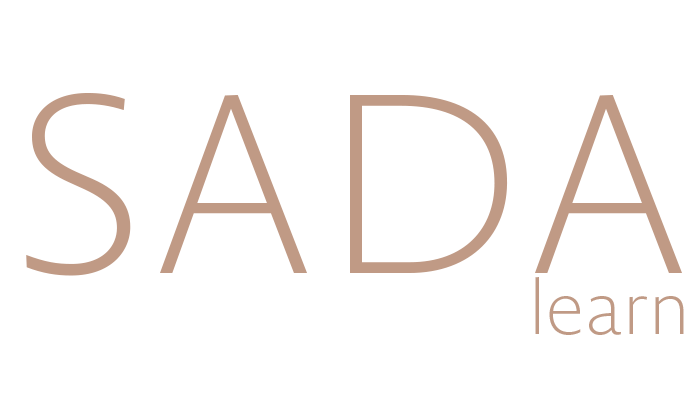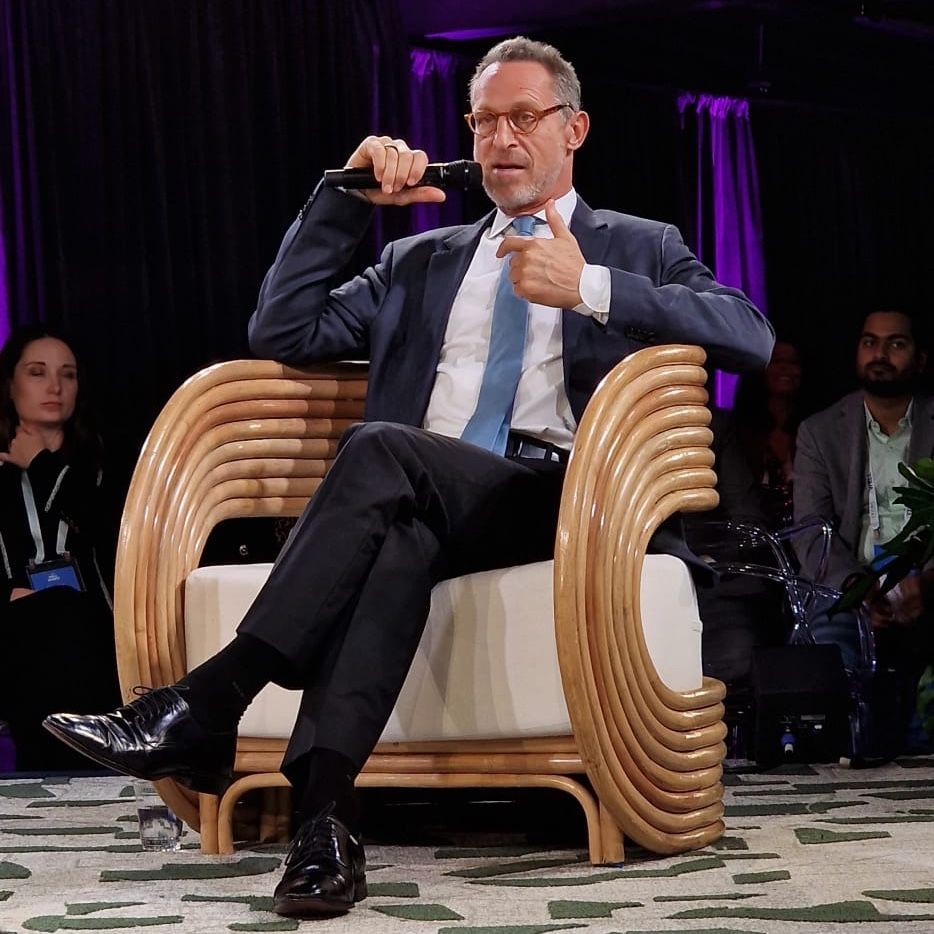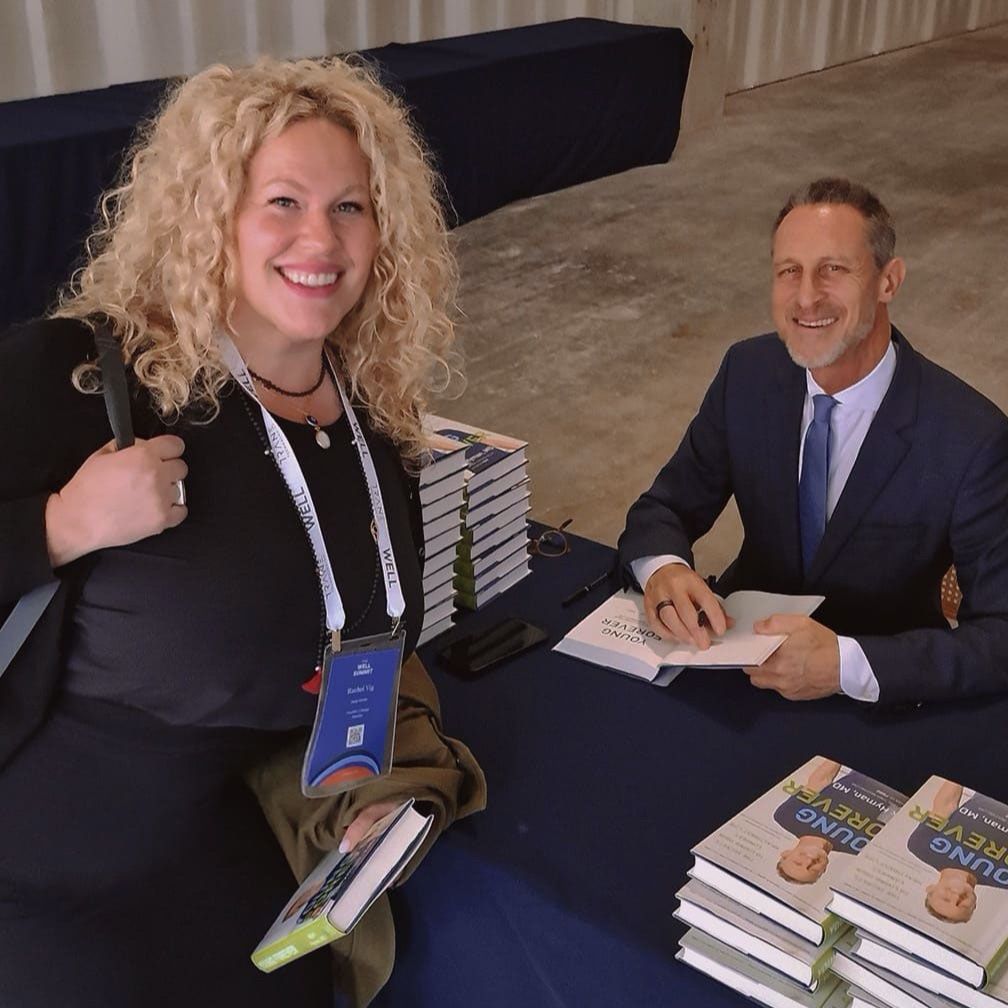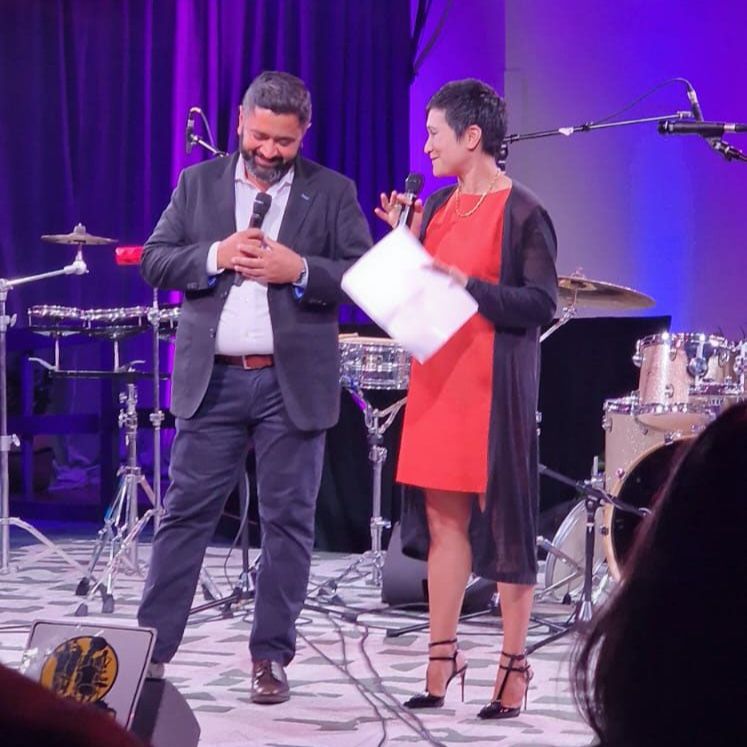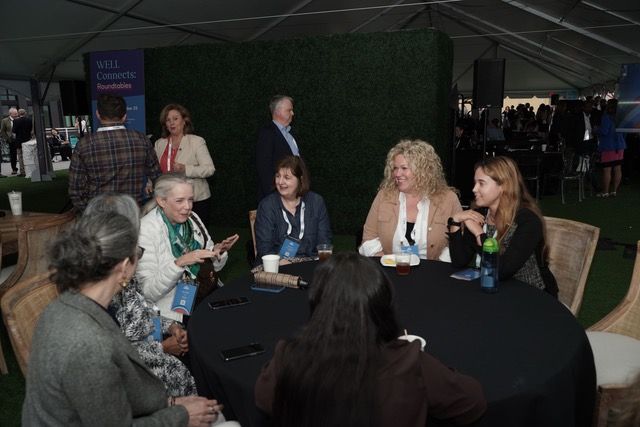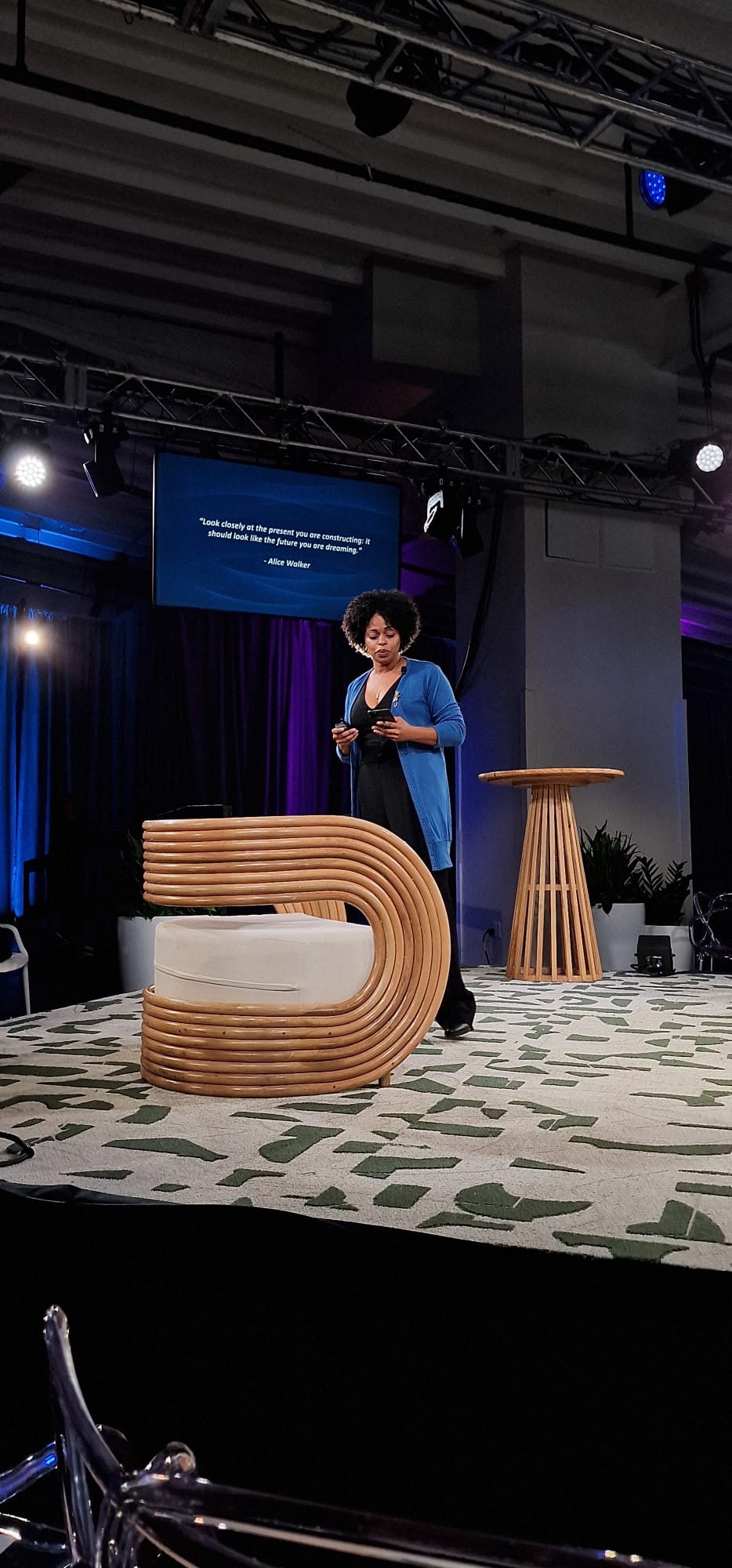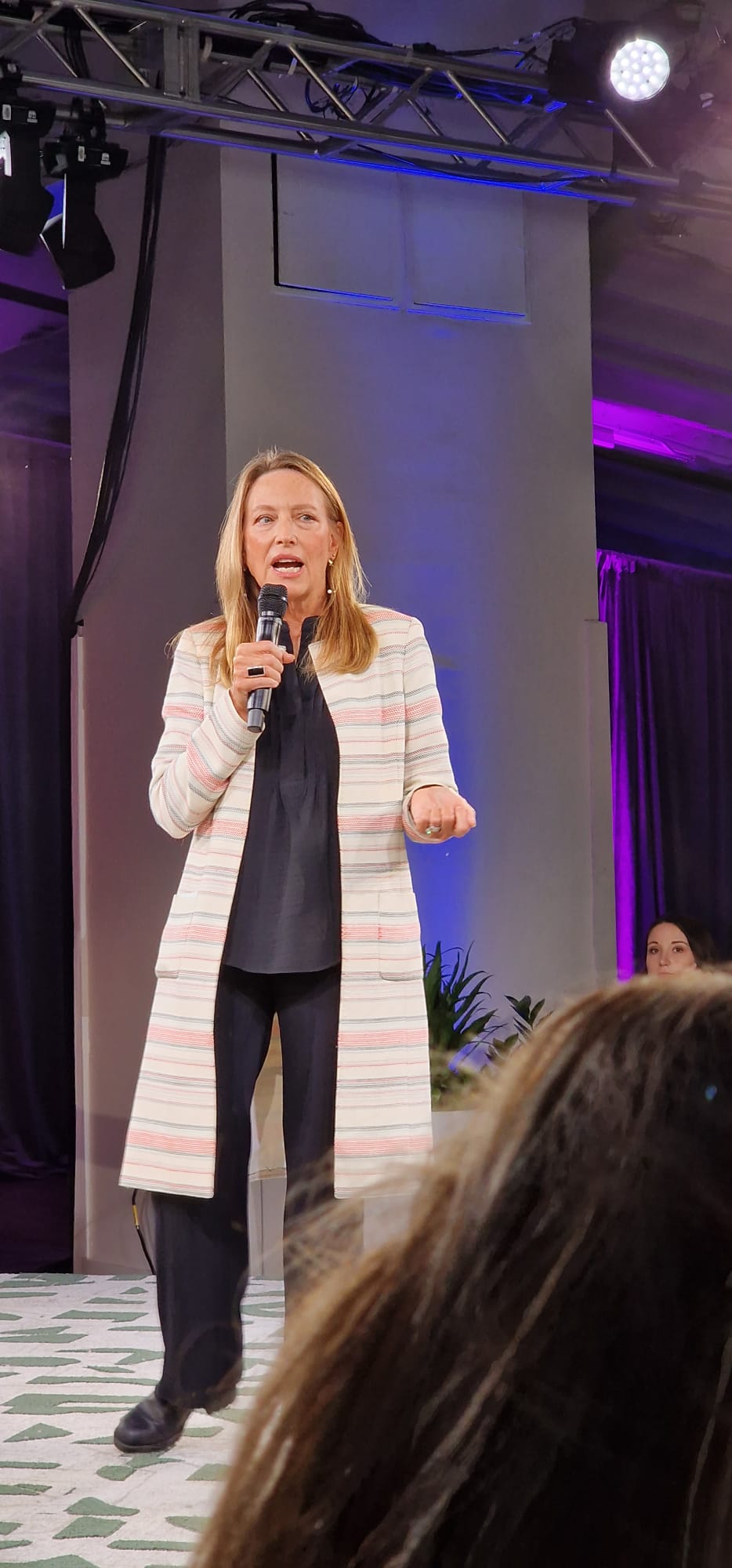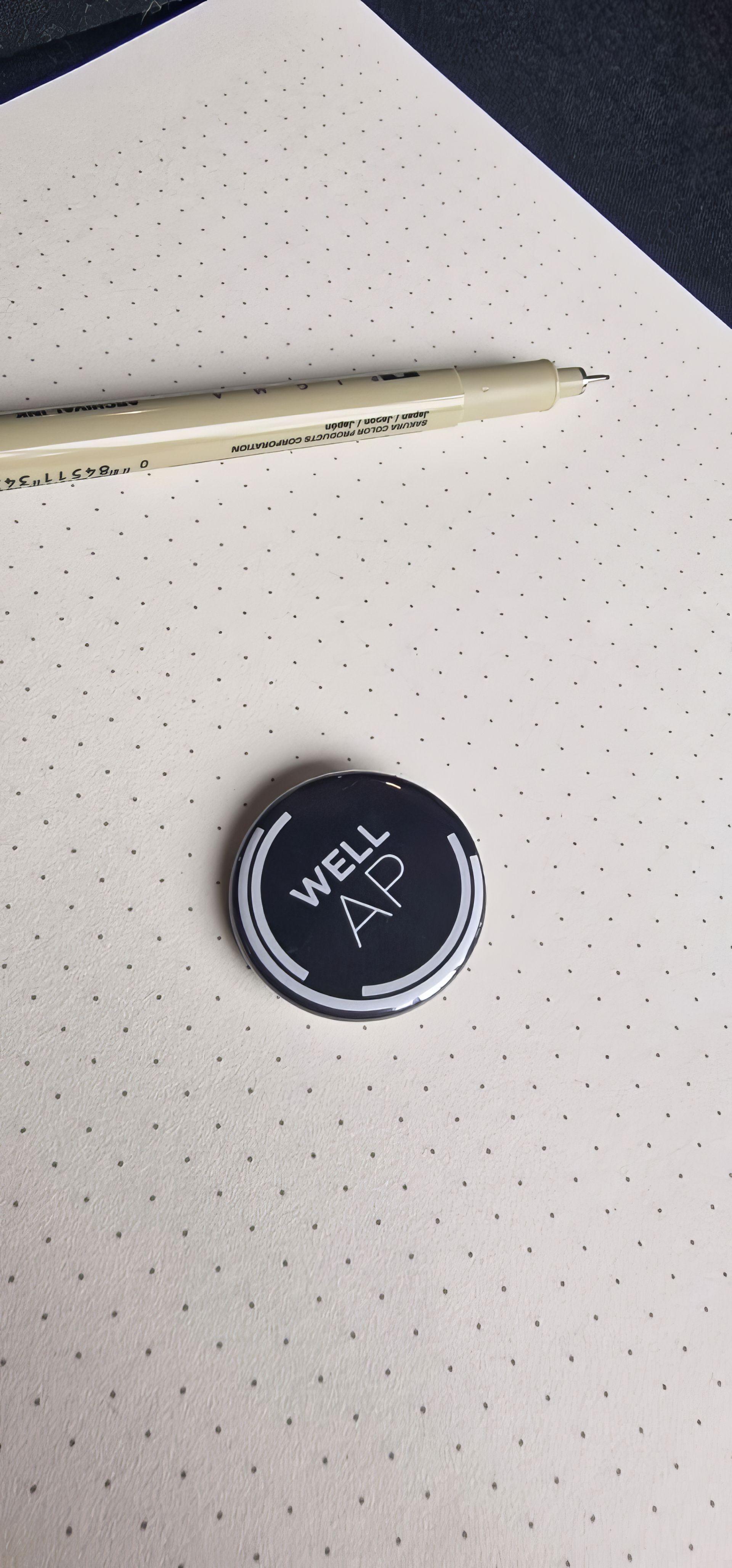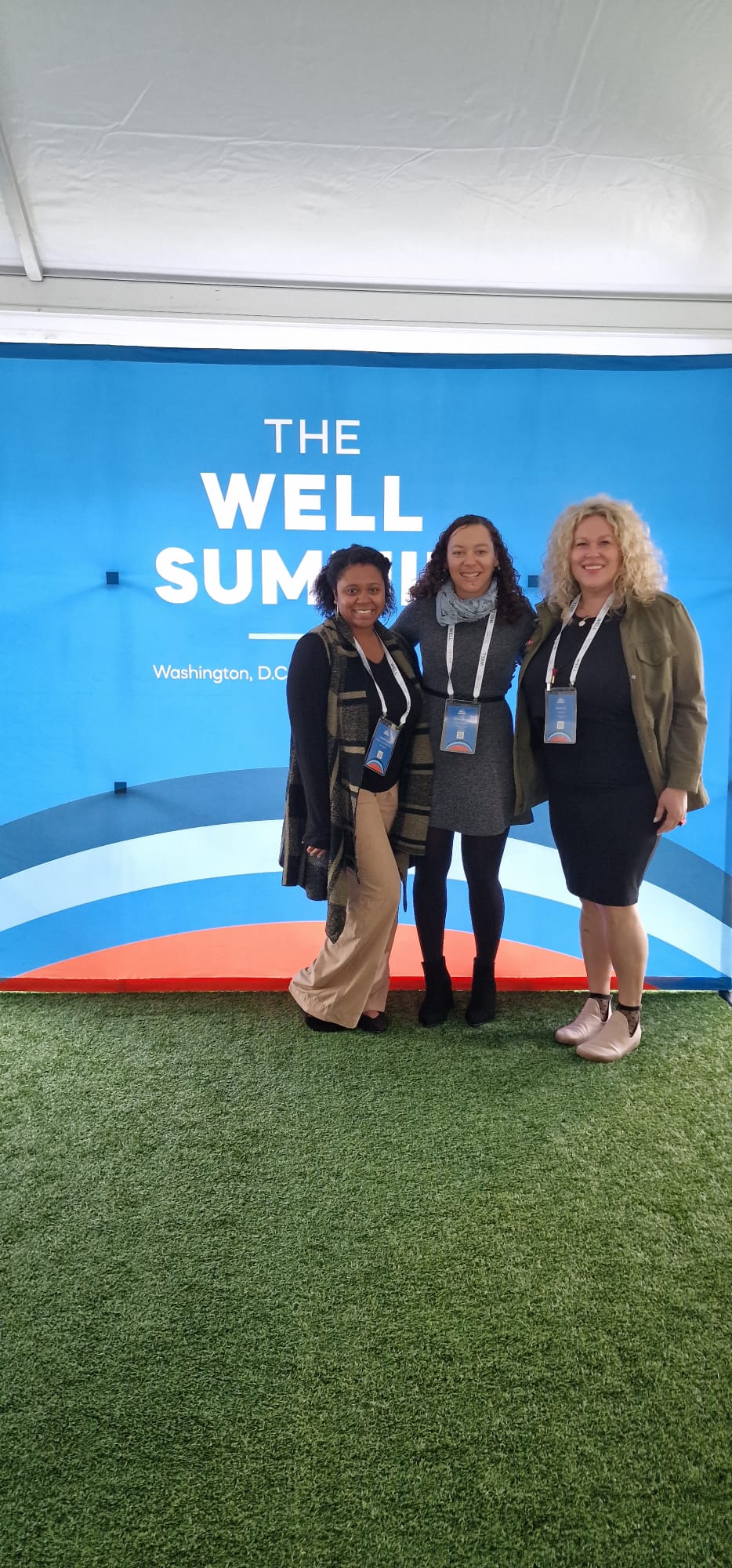In the bustling heart of Washington, D.C., amidst the whispers of history and the urgency of contemporary narratives, the WELL Summit opened its doors, crafting an arena not just for dialogue but for transformation. Held on the 25th and 26th of September, this convocation was more than an event—it was a pulsating, dynamic force, echoing the undeniable power of place, space, and collective thriving.
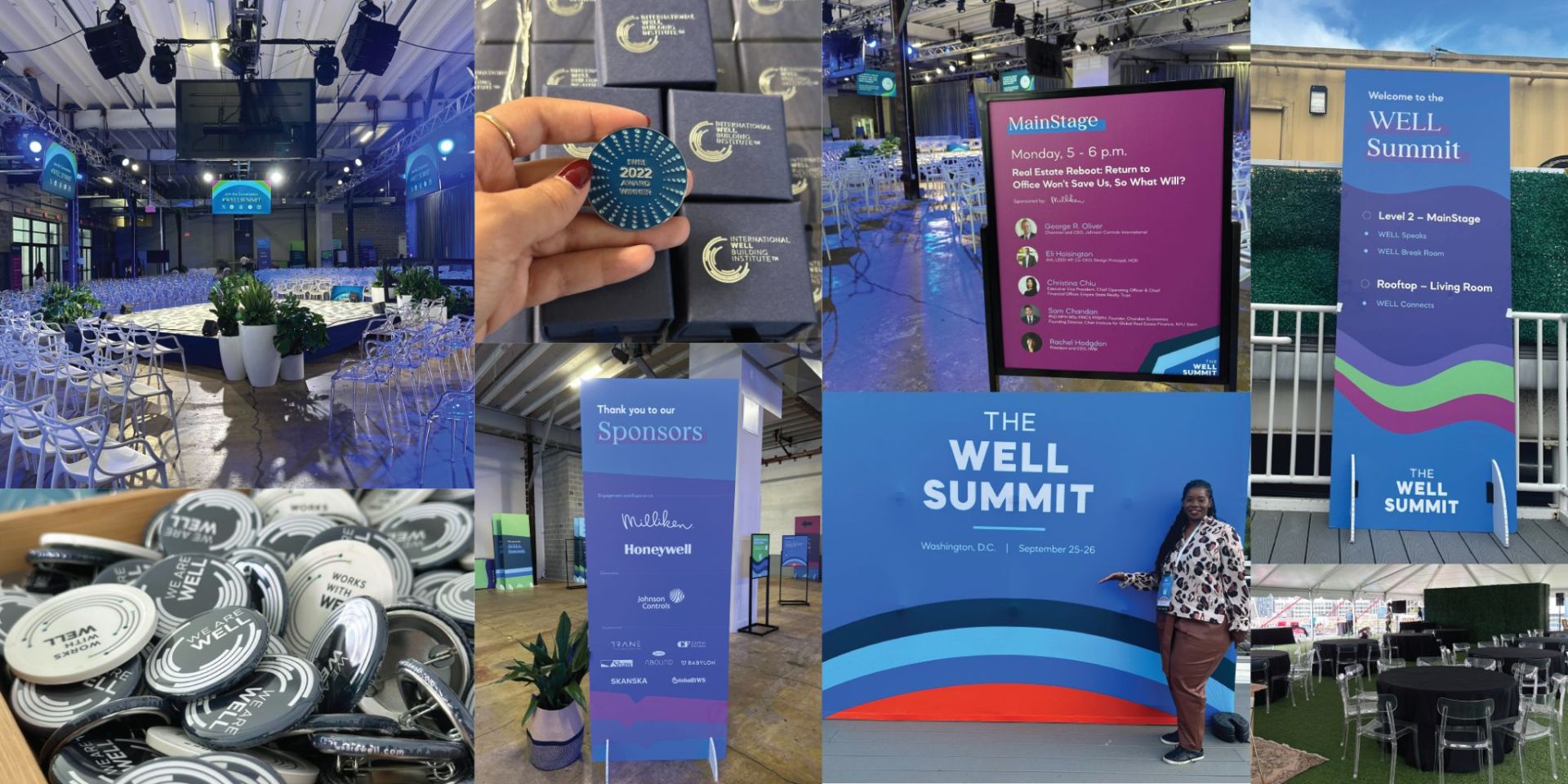
The Inaugural Awakening
Stepping into the WELL Summit, what struck me was the harmonious meeting of diverse intellects, all marching under one banner, one resolve—celebrating and understanding well-being. The atmosphere was charged with expectancy and a shared recognition that this was no ordinary gathering. Here, pioneers and globally renowned experts converged, not just to share but to inspire action that would ripple across communities, nations, and, eventually, the globe.
A Tapestry of Interconnected Narratives
The WELL Summit unfurled as a rich tapestry of insights, with each session weaving into the next, creating a holistic narrative around health, environment, equity, and the essence of human experiences. The discussions, intense and thought-provoking, bore the hallmark of change, compelling each attendee to internalize and reflect, not just as professionals but as integral threads in this shared human tapestry.
"Health literacy is not just about regurgitating facts, but understanding the cultural milieu in which the individual exists. It’s about translating what we know into information that resonates, making the recipient feel truly cared for," Dr. Antonia Coello Novello, the 14th Surgeon General of the United States, shared during the enlightening session "Buildings as a Prescription for Health." Her words resounded across the hall, imprinting the critical reminder of our surroundings' profound impact on well-being, a poignant realization in a world where 90% of our lives unfold indoors.
The panel, graced by illustrious personalities, including Dr. Joycelyn Elders, Dr. Richard Carmona, and Dr. Kenneth P. Moritsugu, morphed into a cerebral nexus. Each shared wisdom distilled from years of experience, all converging on the principle of "Speaking Truth to Power." Dr. Carmona’s assertion underscored the session's ethos: "Distinguished leaders embrace truths, regardless of how uncomfortable they may be, maintaining an unwavering focus on the populace's needs."
As the discussions oscillated between the macro and micro, the personal and communal, a transformative narrative emerged, one that recognized the indivisibility of our spaces and our health. Our buildings, institutions, and homes, the very edifices we often overlook, are central to this new prescription for health.
Nutrition: The Quintessential Medicine
"Food isn’t like medicine, it is medicine," Dr. Mark Hyman proclaimed, his words piercing the inertia that often surrounds public perceptions of health. This revelation was not just scientific but deeply personal. Each morsel we consume can be a step towards healing or disease; the choice is stark and yet profound. His session was a clarion call, urging us to reevaluate our relationship with food, to see it not just as sustenance but as our most primal form of medicine.
Racial Equity: A Journey Towards Economic and Social Fulfilment
The summit, however, wasn’t solely focused on personal well-being. It extended its reach into the societal, the structural. Monique Aiken’s session on moving capital towards racial justice was more than a presentation; it was a mirror, forcing us to confront the realities and repercussions of racial disparities. She painted a picture not just of loss but of potential, of opportunity. The numbers were staggering—$16 trillion lost in potential GDP—but more than figures, they were a narrative of unrealized dreams, of what could have been.
"Inspect the present you're molding; it should mirror the future you envision,” she invoked Alice Walker, compelling us, especially those from positions of privilege, to recognize and act upon the responsibility we bear in rectifying these imbalances. It was a profound acknowledgment that our collective future hinges on the steps we take today towards racial equity.
Innovative Formats, Enduring Messages
The PechaKucha sessions—vibrant, engaging, and ruthlessly concise—were a testament to the power of storytelling. Leaders from diverse sectors illustrated WELL’s impact through personal and professional lenses, each narrative unique yet universally resonant. Whether it was Kellie Ballew’s sustainable initiatives at Shaw Industries or Alexander Olesen’s groundbreaking approach with Babylon Micro-Farms, the message was clear: innovation, sustainability, and well-being are inextricably linked.
The segment on Canada's truth and reconciliation with Indigenous communities, featuring Victoria Grant, was particularly poignant. It was a reminder that societies are not just built on current achievements but must also reckon with historical injustices. Healing is possible, but it demands acknowledgment, empathy, and concerted action.
Reflections and the Path Ahead
As the WELL Summit ended, there was a palpable sense of being part of something monumental. The sessions, discussions, and personal interactions had culminated in more than just an event; they had sparked a movement. As attendees, we were no longer mere participants but torchbearers, entrusted with the insights, stories, and imperatives that had unfolded over these two transformative days.
The WELL Summit was not an end but a beginning—a launchpad for ideas and initiatives that could reshape our world. As we dispersed, each to our corners of the world, we carried with us a piece of this collective vision, ready to nourish the seeds of change planted in these eventful sessions. The conversations will continue, in our communities, workplaces, and homes, each a thread in the vibrant tapestry of collective well-being.
In the words of Dr. Antonia Coello Novello, it's about ensuring the information we share doesn't just inform but resonates, caring for the recipient. In echoing these learnings, we aren't just feeding minds; we're nurturing souls, creating a world where well-being becomes a lived experience.
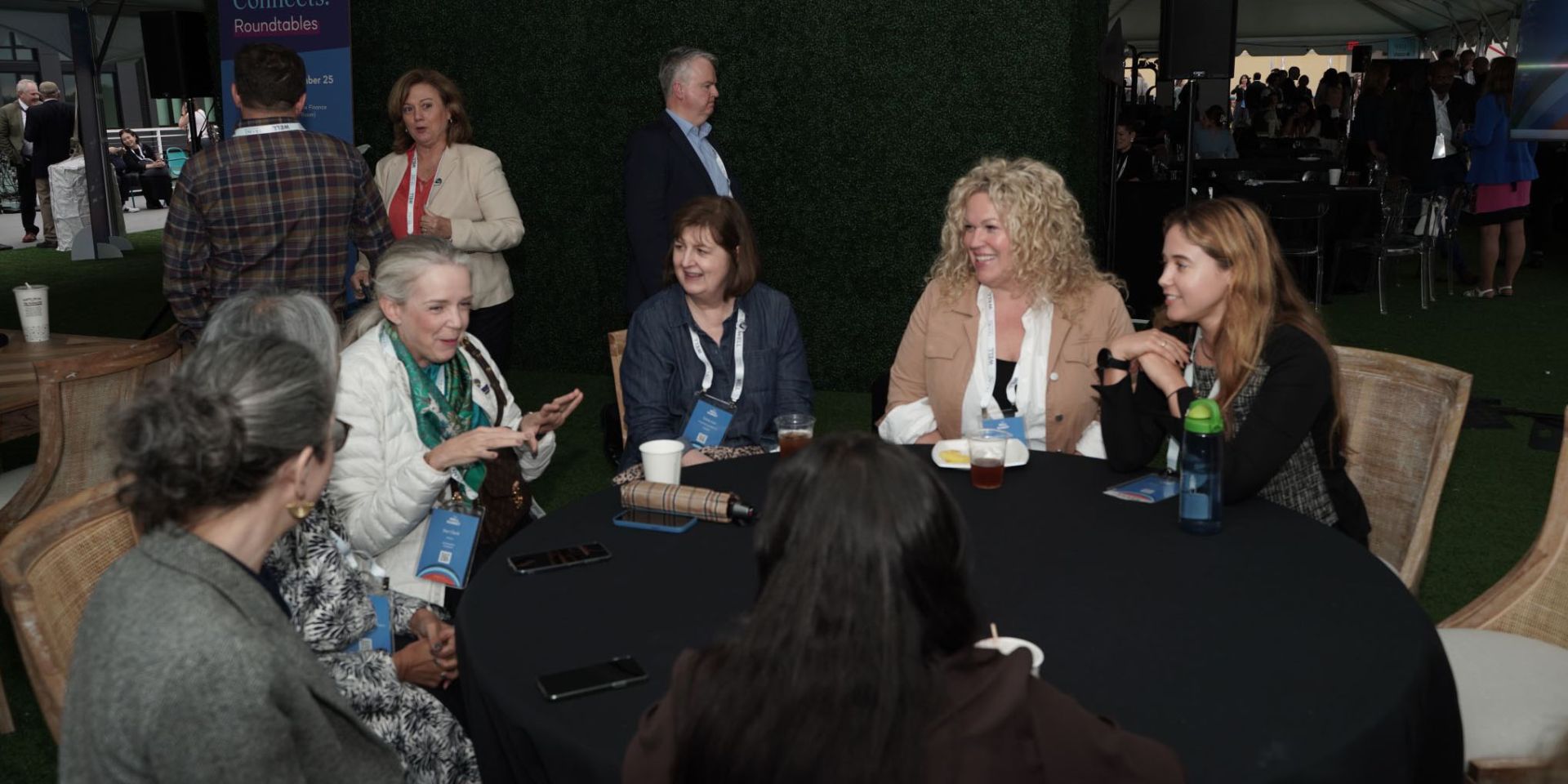
Innovative Formats, Enduring Messages
The PechaKucha sessions—vibrant, engaging, and ruthlessly concise—were a testament to the power of storytelling. Leaders from diverse sectors illustrated WELL’s impact through personal and professional lenses, each narrative unique yet universally resonant. Whether it was Kellie Ballew’s sustainable initiatives at Shaw Industries or Alexander Olesen’s groundbreaking approach with Babylon Micro-Farms, the message was clear: innovation, sustainability, and well-being are inextricably linked.
The segment on Canada's truth and reconciliation with Indigenous communities, featuring Victoria Grant, was particularly poignant. It was a reminder that societies are not just built on current achievements but must also reckon with historical injustices. Healing is possible, but it demands acknowledgment, empathy, and concerted action.
Reflections and the Path Ahead
As the WELL Summit ended, there was a palpable sense of being part of something monumental. The sessions, discussions, and personal interactions had culminated in more than just an event; they had sparked a movement. As attendees, we were no longer mere participants but torchbearers, entrusted with the insights, stories, and imperatives that had unfolded over these two transformative days.
The WELL Summit was not an end but a beginning—a launchpad for ideas and initiatives that could reshape our world. As we dispersed, each to our corners of the world, we carried with us a piece of this collective vision, ready to nourish the seeds of change planted in these eventful sessions. The conversations will continue, in our communities, workplaces, and homes, each a thread in the vibrant tapestry of collective well-being.
In the words of Dr. Antonia Coello Novello, it's about ensuring the information we share doesn't just inform but resonates, caring for the recipient. In echoing these learnings, we aren't just feeding minds; we're nurturing souls, creating a world where well-being becomes a lived experience.
